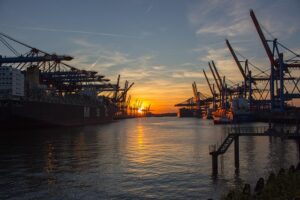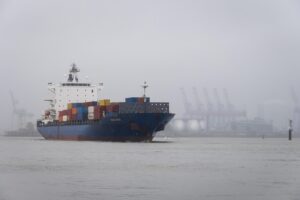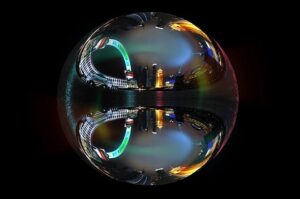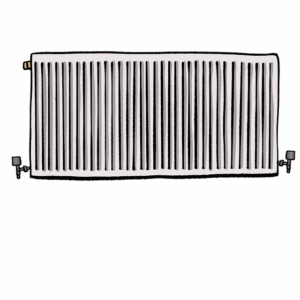Marine environments pose unique challenges for industrial unit heaters due to salt water, high humidity, and fluctuating temperatures, potentially causing significant corrosion. Choosing the right heaters requires considering both gas-fired and electric models with robust constructions designed for heavy-duty use, beyond just BTU ratings. Suspended heaters and forced air systems are suitable for marine settings, offering corrosion resistance and efficient heating in challenging conditions, from manufacturing facilities to offshore platforms and naval yards.
In the harsh marine environment, where salt water, extreme temperatures, and exposure to corrosive elements are commonplace, selecting suitable heating solutions is paramount for equipment longevity. Traditional heaters often succumb to corrosion, leading to costly repairs or replacements. This article explores the ideal solution: corrosion-resistant industrial unit heaters tailored for marine applications. We’ll delve into their unique features, benefits, and real-world success stories, shedding light on why these heaters are transforming maritime industries.
- Understanding Marine Environments and Their Corrosive Nature
- Challenges in Choosing Heaters for Marine Settings
- Features and Benefits of Corrosion-Resistant Industrial Unit Heaters
- Real-World Applications: Success Stories from the Sea
Understanding Marine Environments and Their Corrosive Nature
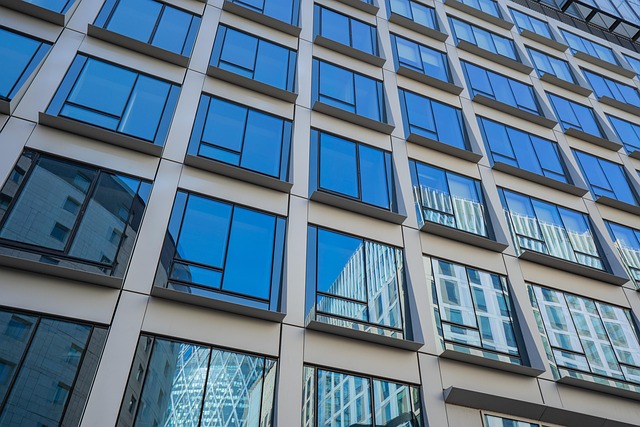
Marine environments are characterized by harsh conditions that pose significant challenges for equipment durability and performance. The combination of salt water, varying temperatures, and high humidity levels creates a highly corrosive atmosphere, making it imperative to select industrial solutions capable of withstanding these factors. Industrial unit heaters designed for marine applications must be built with materials that resist corrosion, ensuring longevity in such environments.
Both gas-fired heaters and electric unit heaters are popular choices for warehouse heating and manufacturing facilities, but their suitability in marine settings requires special attention. Suspended heaters and forced air heating systems, for instance, offer efficient commercial heating solutions, but they need robust construction to defend against the corrosive effects that can permeate heavy duty industrial applications. Understanding these factors is crucial when selecting the right equipment, as BTU ratings alone might not guarantee performance in such demanding settings.
Challenges in Choosing Heaters for Marine Settings

Choosing heaters for marine settings presents unique challenges due to the extreme environments ships operate in. Saltwater, humidity, and varying temperatures can accelerate corrosion, making traditional industrial unit heaters susceptible to damage. The harsh conditions demand heavy-duty construction with materials that withstand rust and moisture, unlike those found in standard warehouse heating or manufacturing facilities.
Selecting appropriate heaters for marine applications requires considering factors beyond BTU ratings, such as suspended heaters or forced air heating systems designed for commercial heating. Gas fired heaters are popular choices due to their efficiency but must be equipped with corrosion-resistant components. Electric unit heaters, while energy efficient, necessitate careful placement and protection from moisture to prevent electrical failures in demanding industrial applications.
Features and Benefits of Corrosion-Resistant Industrial Unit Heaters
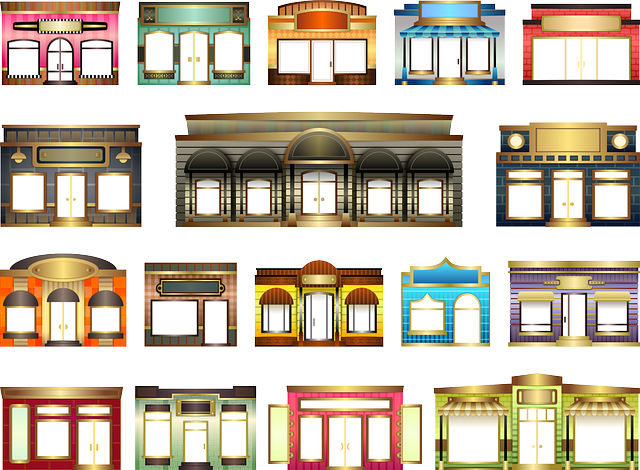
Corrosion-resistant industrial unit heaters are designed to withstand the harsh conditions often found in marine environments and other challenging industrial settings. Featuring heavy-duty construction with materials that inhibit corrosion, these heaters ensure longevity and reliable performance for commercial heating needs. Whether it’s a warehouse heating system or forced air heating in manufacturing facilities, corrosion-resistant models like gas fired heaters and electric unit heaters offer superior BTU ratings to meet the demanding requirements of various industrial applications.
Unlike traditional heaters, suspended heaters designed with advanced corrosion-resistant technology are built to handle the unique challenges posed by moist environments, salt water exposure, and other corrosive elements. This ensures that these heaters not only provide efficient heating solutions but also minimize downtime and maintenance costs in the long run. Their robust design makes them ideal for heavy-duty construction, ensuring optimal performance in both indoor and outdoor industrial settings.
Real-World Applications: Success Stories from the Sea

In real-world applications, industrial unit heaters have proven their mettle in diverse marine environments. These versatile heaters are not just essential for maintaining comfortable working conditions in warehouse heating and manufacturing facilities, but they also play a critical role in various maritime operations. For instance, in the construction industry, where heavy duty construction is the norm, suspended heaters equipped with robust forced air heating systems have been instrumental in keeping workers warm during extended shifts on offshore platforms and naval yards.
Moreover, gas fired heaters and electric unit heaters are widely adopted for their reliability and efficiency in commercial heating applications aboard ships. With diverse BTU ratings tailored to specific space requirements, these heaters ensure optimal temperature control in enclosed spaces where traditional heating methods might struggle. Success stories from the sea highlight how these corrosion-resistant industrial units have enhanced productivity and safety, becoming indispensable components in the modern maritime landscape.
Industrial unit heaters designed with corrosion resistance are pivotal for marine applications, addressing the unique challenges posed by salty and humid environments. These specialized heaters not only withstand extreme conditions but also ensure efficient heating, making them indispensable for various maritime industries. By investing in corrosion-resistant models, businesses can achieve reliable performance, reduce maintenance costs, and extend the lifespan of their equipment, ultimately navigating the rough seas of marine settings with ease.

